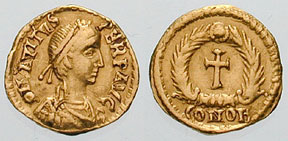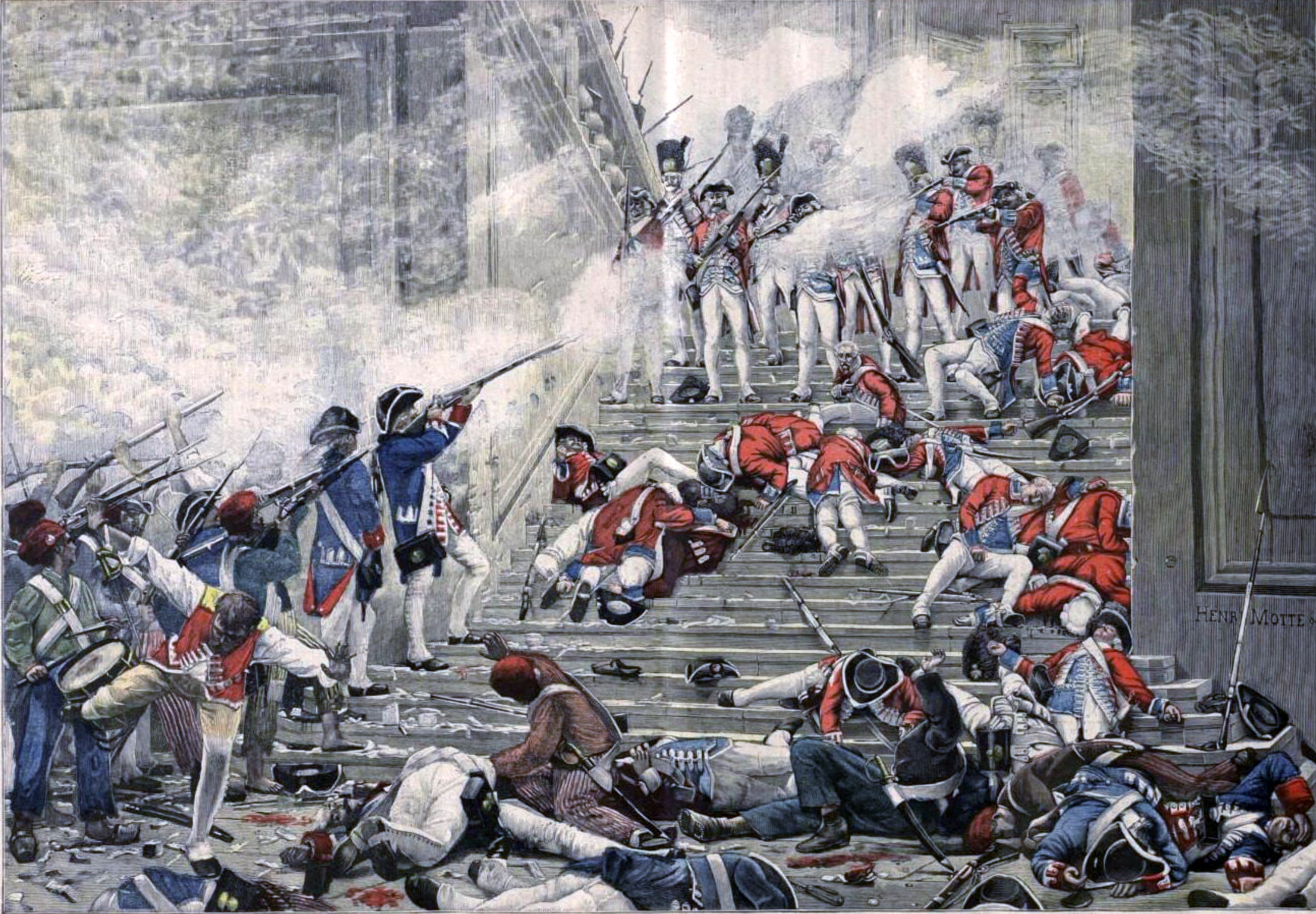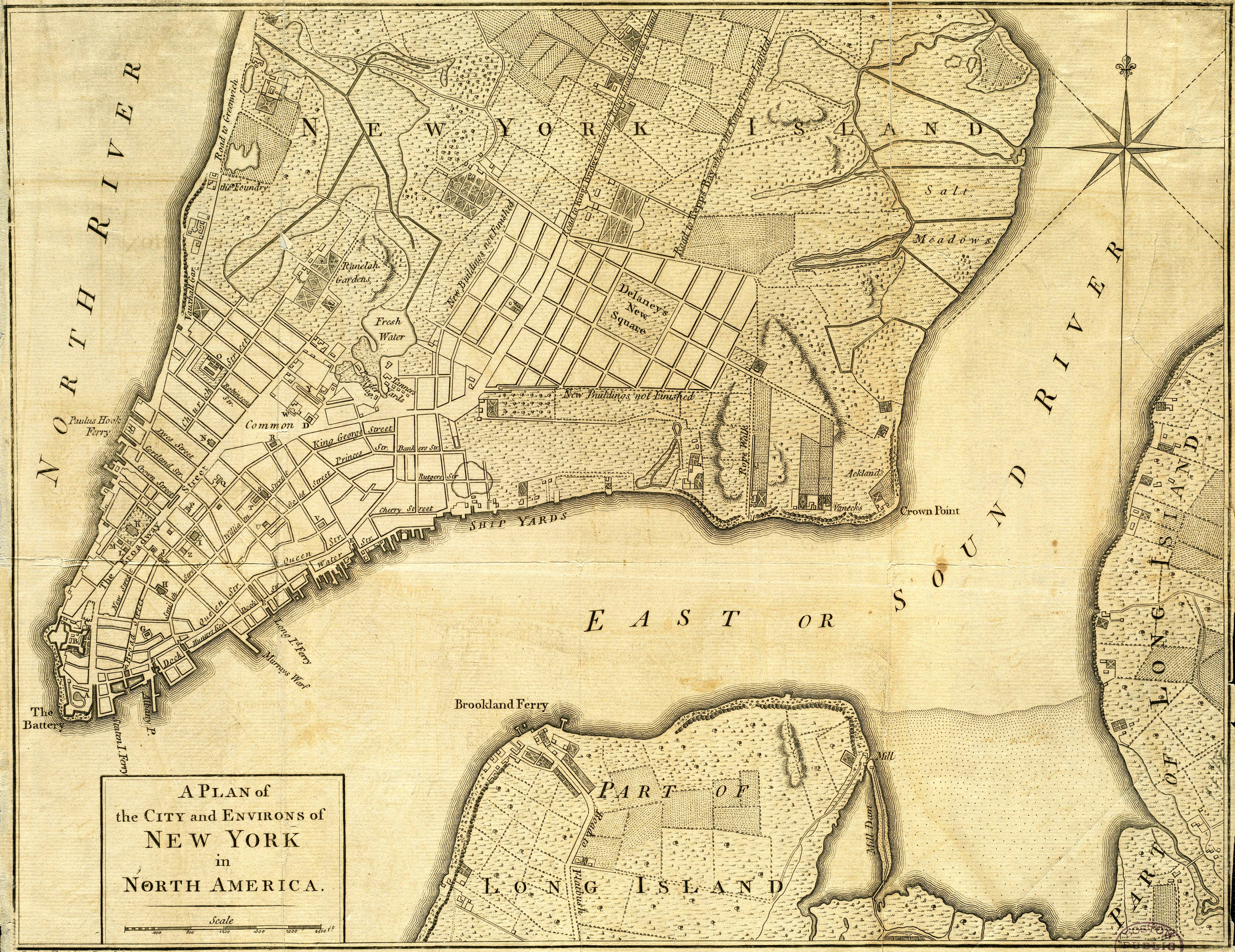|
September 21
Events Pre-1600 * 455 – Emperor Avitus enters Italy with a Gallic army and consolidates his power. * 1170 – Anglo-Norman invasion of Ireland: The Kingdom of Dublin falls to Anglo-Norman invaders. * 1217 – Livonian Crusade: The Estonian leader Lembitu and Livonian leader Caupo of Turaida are killed in the Battle of St. Matthew's Day. * 1435 – The Treaty of Arras is promulgated, causing Burgundy to switch sides in the Hundred Years' War. 1601–1900 * 1745 – A British government army led by Sir John Cope is defeated in less than 15 minutes by the Jacobite forces of Prince Charles Edward Stuart. * 1776 – Part of New York City is burned shortly after being occupied by British forces. * 1780 – American Revolutionary War: Benedict Arnold gives the British the plans to West Point. *1792 – French Revolution: The National Convention abolishes the monarchy. * 1809 – British Secretary of War Lord Castlereagh and For ... [...More Info...] [...Related Items...] OR: [Wikipedia] [Google] [Baidu] [Amazon] |
Avitus
Eparchius Avitus (died 456/7) was Roman emperor of the Western Roman Empire, Western Empire from July 455 to October 456. He was a Roman Senate, senator of Roman Gaul, Gallic extraction and a high-ranking officer both in the civil and military administration, as well as Roman Catholic Diocese of Piacenza-Bobbio, Bishop of Piacenza. He opposed the reduction of the Western Roman Empire to Roman Italy, Italy alone, both politically and from an administrative point of view. For this reason, as Emperor he introduced several Gallic senators in the Imperial administration; this policy, however, was opposed by the senatorial aristocracy and by the people of Rome, who had suffered from the sack of Rome (455), sack of the city by the Vandals in 455. Avitus had a good relationship with the Visigoths, in particular with their king Theodoric II, who was a friend of his and who acclaimed Avitus Emperor. The possibility of a strong and useful alliance between the Visigoths and Romans faded, h ... [...More Info...] [...Related Items...] OR: [Wikipedia] [Google] [Baidu] [Amazon] |
Battle Of Prestonpans
The Battle of Prestonpans, also known as the Battle of Gladsmuir, was fought on 21 September 1745, near Prestonpans, in East Lothian, the first significant engagement of the Jacobite rising of 1745. Jacobitism, Jacobite forces, led by the Stuart exile Charles Edward Stuart and Lord George Murray (general), George Murray, defeated a government army under Sir John Cope (British Army officer), John Cope, whose inexperienced troops broke in the face of a Highland charge. The battle lasted less than thirty minutes, was a huge boost to Jacobite morale, and established the revolt as a serious threat to the British government. Background The War of the Austrian Succession meant that by early 1745, the bulk of British forces were committed in Flanders. Encouraged by French victory at Battle of Fontenoy, Fontenoy in April 1745, Charles Edward Stuart sailed for Scotland in July, hoping to take advantage of the situation. When he landed at Eriskay in the Outer Hebrides on 23 July, most of ... [...More Info...] [...Related Items...] OR: [Wikipedia] [Google] [Baidu] [Amazon] |
1809
Events January–March * January 5 – The Treaty of the Dardanelles, between the United Kingdom of Great Britain and Ireland and the Ottoman Empire, is concluded. * January 10 – Peninsular War – French Marshal Jean Lannes begins the Second Siege of Zaragoza, Siege of Zaragoza. * January 14 – The Apodaca–Canning treaty is signed in London between Britain and Spain * January 16 – Peninsular War – Battle of Corunna in Galicia (Spain): The British (under General Sir John Moore (British Army officer), John Moore, who is killed) resist an attempt by the French (under Jean-de-Dieu Soult, Marshal Soult) to prevent them embarking. * February 3 – The Illinois Territory is created from the western part of the Indiana Territory. * February 11 – Robert Fulton patents the steamboat in the United States. * February 12 – Charles Darwin and Abraham Lincoln are born. * February 17 – Miami University (Ohio) is established ( ... [...More Info...] [...Related Items...] OR: [Wikipedia] [Google] [Baidu] [Amazon] |
Proclamation Of The Abolition Of The Monarchy
During the French Revolution, the proclamation of the abolition of the monarchy (French: ''Proclamation de l'abolition de la royauté'') was a proclamation by the National Convention of France announcing that it had abolished the French monarchy on 21 September 1792, giving birth to the French First Republic. Prelude The convention's députés were instructed to put an end to the crisis that had broken out since the prevented flight to Varennes of Louis XVI in June 1791 and the bloody capture of the Tuileries Palace ( 10 August 1792). Their middle-class origin and their political activity meant that most of them bore no sympathy for the monarchy, and the victory at the Battle of Valmy on 20 September (the revolution's first military success) occurred on the same day as their meeting, thus confirming their convictions. Proposition for abolition When the député for Paris, Jean-Marie Collot d'Herbois, proposed abolition he met with little resistance; at most, Claude Basire, ... [...More Info...] [...Related Items...] OR: [Wikipedia] [Google] [Baidu] [Amazon] |
National Convention
The National Convention () was the constituent assembly of the Kingdom of France for one day and the French First Republic for its first three years during the French Revolution, following the two-year National Constituent Assembly and the one-year Legislative Assembly. Created after the great insurrection of 10 August 1792, it was the first French government organized as a republic, abandoning the monarchy altogether. The Convention sat as a single-chamber assembly from 20 September 1792 to 26 October 1795 (4 Brumaire IV under the Convention's adopted calendar). The Convention came about when the Legislative Assembly decreed the provisional suspension of King Louis XVI and the convocation of a National Convention to draw up a new constitution with no monarchy. The other major innovation was to decree that deputies to that Convention should be elected by all Frenchmen 21 years old or more, domiciled for a year and living by the product of their labor. The National Convent ... [...More Info...] [...Related Items...] OR: [Wikipedia] [Google] [Baidu] [Amazon] |
1792
Events January–March * January 9 – The Treaty of Jassy ends the Russian Empire's war with the Ottoman Empire over Crimea. * January 25 – The London Corresponding Society is founded. * February 18 – Thomas Holcroft produces the comedy ''The Road to Ruin (play), The Road to Ruin'' in London. * February 20 ** The Postal Service Act, establishing the United States Postal Service, United States Post Office Department, is signed by President George Washington.''Harper's Encyclopaedia of United States History from 458 A. D. to 1909'', ed. by Benson John Lossing and, Woodrow Wilson (Harper & Brothers, 1910) p169 ** Parliament House, Dublin catches fire during a legislative session. "Although in imminent danger of the roof falling in," it is noted later, "the House did not adjourn until a proper motion had been put and carried in the affirmative.""Fires, Great", in ''The Insurance Cyclopeadia: Being an Historical Treasury of Events and Circumstances Connect ... [...More Info...] [...Related Items...] OR: [Wikipedia] [Google] [Baidu] [Amazon] |
Benedict Arnold
Benedict Arnold (#Brandt, Brandt (1994), p. 4June 14, 1801) was an American-born British military officer who served during the American Revolutionary War. He fought with distinction for the American Continental Army and rose to the rank of major general before defecting to the British in 1780. General George Washington had given him his fullest trust and had placed him in command of West Point, New York, West Point in New York Colony, New York. Arnold was planning to surrender the fort to British forces, but the plot was discovered in September 1780, whereupon he fled to the British lines. In the later part of the war, Arnold was commissioned as a brigadier general in the British Army during the American Revolutionary War, British Army and placed in command of the American Legion (Great Britain), American Legion. He led British forces in battle against the army which he had once commanded, and his name became synonymous with treason and betrayal in the United States.#Rogets, ... [...More Info...] [...Related Items...] OR: [Wikipedia] [Google] [Baidu] [Amazon] |
American Revolutionary War
The American Revolutionary War (April 19, 1775 – September 3, 1783), also known as the Revolutionary War or American War of Independence, was the armed conflict that comprised the final eight years of the broader American Revolution, in which American Patriot (American Revolution), Patriot forces organized as the Continental Army and commanded by George Washington defeated the British Army during the American Revolutionary War, British Army. The conflict was fought in North America, the Caribbean, and the Atlantic Ocean. The war's outcome seemed uncertain for most of the war. However, Washington and the Continental Army's decisive victory in the Siege of Yorktown in 1781 led King George III and the Kingdom of Great Britain to negotiate an end to the war in the Treaty of Paris (1783), Treaty of Paris two years later, in 1783, in which the British monarchy acknowledged the independence of the Thirteen Colonies, leading to the establishment of the United States as an independent and ... [...More Info...] [...Related Items...] OR: [Wikipedia] [Google] [Baidu] [Amazon] |
1780
Events January–March * January 16 – American Revolutionary War – Battle of Cape St. Vincent: British Admiral Sir George Rodney defeats a Spanish fleet. * February 19 – The legislature of New York votes to allow its delegates to cede a portion of its western territory to the Continental Congress for the common benefit of the war. * March 1 – The legislature of Pennsylvania votes, 34 to 21, to approve An Act for the Gradual Abolition of Slavery. * March 11 ** The First League of Armed Neutrality is formed by Russia with Denmark and Sweden to try to prevent the British Royal Navy from searching neutral vessels for contraband (February 28 O.S.). ** General Lafayette embarks on at Rochefort, arriving in Boston on April 28, carrying the news that he has secured French men and ships to reinforce the American side in the American Revolutionary War. * March 17 – American Revolutionary War: The British San Juan Expedition sails from Ja ... [...More Info...] [...Related Items...] OR: [Wikipedia] [Google] [Baidu] [Amazon] |
Great Fire Of New York (1776)
The Great Fire of New York was a devastating fire that burned through the night of September 20, 1776, and into the morning of September 21, on the West Side (Manhattan), West Side of what then constituted New York City at the Lower Manhattan, southern end of the island of Manhattan. It broke out in the early days of the military occupation of the city by Kingdom of Great Britain, British forces during the American Revolutionary War. The fire destroyed from 10 to 25 percent of the buildings in the city, while some unaffected parts of the city were plundered. Many people believed or assumed that one or more people deliberately started the fire, for a variety of different reasons. British leaders accused revolutionaries acting within the city and state, and many residents assumed that one side or the other had started it. The fire had long-term effects on the British occupation of the city, which did not end until 1783. Background The American Revolutionary War began in April 17 ... [...More Info...] [...Related Items...] OR: [Wikipedia] [Google] [Baidu] [Amazon] |
New York City
New York, often called New York City (NYC), is the most populous city in the United States, located at the southern tip of New York State on one of the world's largest natural harbors. The city comprises five boroughs, each coextensive with a respective county. The city is the geographical and demographic center of both the Northeast megalopolis and the New York metropolitan area, the largest metropolitan area in the United States by both population and urban area. New York is a global center of finance and commerce, culture, technology, entertainment and media, academics, and scientific output, the arts and fashion, and, as home to the headquarters of the United Nations, international diplomacy. With an estimated population in 2024 of 8,478,072 distributed over , the city is the most densely populated major city in the United States. New York City has more than double the population of Los Angeles, the nation's second-most populous city. [...More Info...] [...Related Items...] OR: [Wikipedia] [Google] [Baidu] [Amazon] |








